Can Teething Cause Fever in Babies? Causes & Relief

- Do Babies Get Fevers When Teething?
- What Are the Causes of Teething Fever in Babies?
- Till What Time Does Teething Fever Last in Infants?
- How to Treat Teething Fever in Infants
- Avoid These Mistakes to Get Fast Relief
- When to Call a Doctor
- FAQs
Your baby is likely to have his first few teeth poking out through his gums anytime between four and seven months. When babies start teething, it can be a tough time for little ones and parents alike. Along with drooling, swollen gums, and fussiness, many parents notice their baby feeling a bit warm and begin to wonder, “can teething cause fever in babies?” This is often referred to as teething fever, but the truth is, while teething can make babies uncomfortable, a real fever usually points to something else. Curious to know the real causes, symptoms, and safe treatments of infant fever during teething? Keep reading to find out what every parent should know.
Do Babies Get Fevers When Teething?
The question, “Do babies get a fever when teething?”, is very common among parents as many have noticed their babies developing a mild fever during teething. However, there is no scientific evidence that teething causes symptoms like a fever in babies (1). This is because the body temperature can rise slightly while teething, but it doesn’t increase enough to be considered a fever (2). If your baby has a rectal temperature over 100.4 degrees Fahrenheit, along with other symptoms including diarrhoea, lack of appetite, vomiting, etc., it may indicate a different illness (3). It is best to seek medical advice to rule out any serious complications in these instances.

What Are the Causes of Teething Fever in Babies?
There are some answers as to why do babies get fevers when teething. As the teeth break out of the gums, there is inflammation of the gums, which may cause a low-grade fever. Teething fever could also be a result of the body’s defence against bacteria. When the gums open up, there may be some transient bacteria that get into the blood of the baby. The body’s fight against this bacteria could lead to a low-grade fever.
In addition to this, there is an excess formation of saliva, which reaches the gut and causes your baby’s stool to loosen. However, the stools will not be like stools during diarrhoea.
Till What Time Does Teething Fever Last in Infants?
Inflammation in your baby’s teeth happens when the gums swell before the teeth break out. The pain and fever that accompanies this inflammation last for a day or two before it subsides. Since the teeth may break out at different times, you may find that your child runs a mild temperature each time. However, as each tooth erupts, the pain and the body temperature would be slightly lower than the previous one.
How to Treat Teething Fever in Infants
Since teething fever is very mild, you will not have to resort to the use of medications to treat it. Baby teething fever remedies in the form of tablets are also not recommended, as there is no evidence that these work and they aren’t regulated.
Also, make sure that you don’t mistake your child’s urge to chew for pain. You will need to provide your child with safe plastic or rubber toys to soothe this urge. Pacifiers and frozen teething rings can also help reduce the irritation in your baby’s gums and keep them distracted. Don’t give any toys that can break into little pieces and cause a choking hazard to your baby. (4) (5).
You could also dip your finger in some cold water and gently massage your baby’s gums to relieve the pain (6). Check with your doctor to see if there are any ointments that are suitable for relieving the baby of pain.

If you notice rashes on your baby’s face, especially on the chin due to excess saliva, you can consult your doctor about using mild creams or petroleum jelly to treat it. Remember to dab the saliva off and not rub it as the latter will only worsen the rash.
Avoid These Mistakes to Get Fast Relief
It is natural that parents would want their babies to feel better at the earliest and try to do everything they can to make this happen. However, these are a few things you should avoid when trying to help your baby feel better during teething.
- Setting the temperature of the room very low: The temperature of your baby’s room should always be between 65 to 70 degrees Fahrenheit. This can help him relax and feel comfortable.
- Adult medication: Never give your baby medicines that are meant for adults, in any dose. Always consult your doctor before giving any medicines to your baby.
- Cold water: Don’t give your baby cold water to help him feel better. Water is not recommended for babies younger than 6 months old. You could breastfeed or formula-feed him instead. If your baby is over 6 months of age, you can give him water at room temperature, as it is a healthier option than cold water.
When to Call a Doctor
It is natural for your baby to be cranky and generally in a bad mood when he is teething. This is justified due to all the discomfort he is going through. However, if you notice the following signs in your baby during teething, it may indicate something more and medical advice is recommended at the earliest (1) (3).
- Your baby is younger than 3 months and has a temperature of 100.4 degrees Fahrenheit or above.
- Your baby is older than 3 months and has a temperature of 102 degrees Fahrenheit or above.
- The fever lasts for over 24 hours.
- Your baby has vomiting, rashes, and diarrhoea along with fever.
- Your baby looks very tired and sick.
- If the teething rings or relief measures don’t soothe him.
FAQs
1. What are the signs of teething vs. illness?
Teething symptoms include drooling, chewing on objects, mild gum swelling, and crankiness (2). Signs of illness include high fever, diarrhoea, rash, ear pulling, or persistent cough. If these appear with fever, it’s best to consult a doctor.
2. What foods help during teething?
If your baby eats solids, chilled soft foods like yogurt, applesauce, or cold fruit purees can be soothing. Avoid hard foods that may cause choking or injure swollen gums.
3. Is it safe to use amber teething necklaces?
No. Amber teething necklaces are not recommended due to choking and strangulation risks. Safer alternatives include chilled teething toys, silicone teethers, and gum massage (4) (6).
Dealing with infant teething and fever can be stressful for parents, but most of the time, fever during teething is usually not serious as long as it stays below the recommended limit. However, if your baby develops a high fever or shows other symptoms, it’s important to seek medical care to rule out any serious illness.
Also Read:
Teething Rash
Late Teething in Babies
Order of Teething in Babies
Baby Teething Myths and Misconceptions that Parents Should Know
Was This Article Helpful?
Parenting is a huge responsibility, for you as a caregiver, but also for us as a parenting content platform. We understand that and take our responsibility of creating credible content seriously. FirstCry Parenting articles are written and published only after extensive research using factually sound references to deliver quality content that is accurate, validated by experts, and completely reliable. To understand how we go about creating content that is credible, read our editorial policy here.







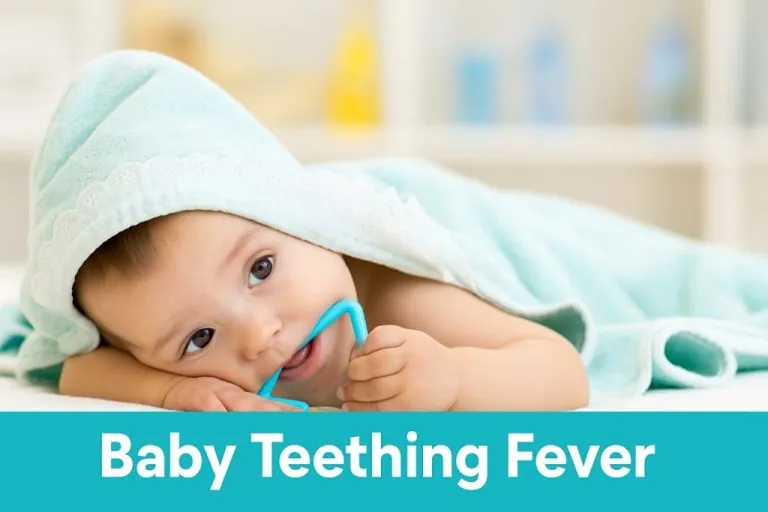
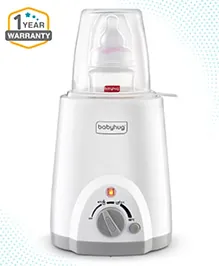
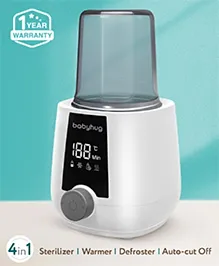
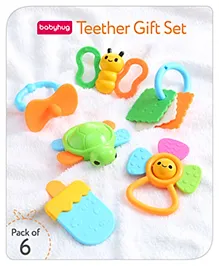
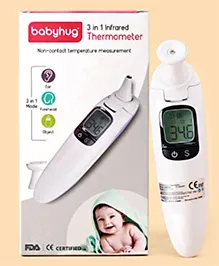
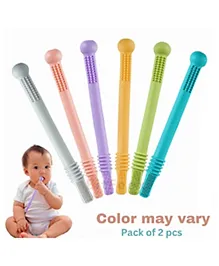

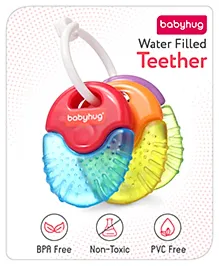
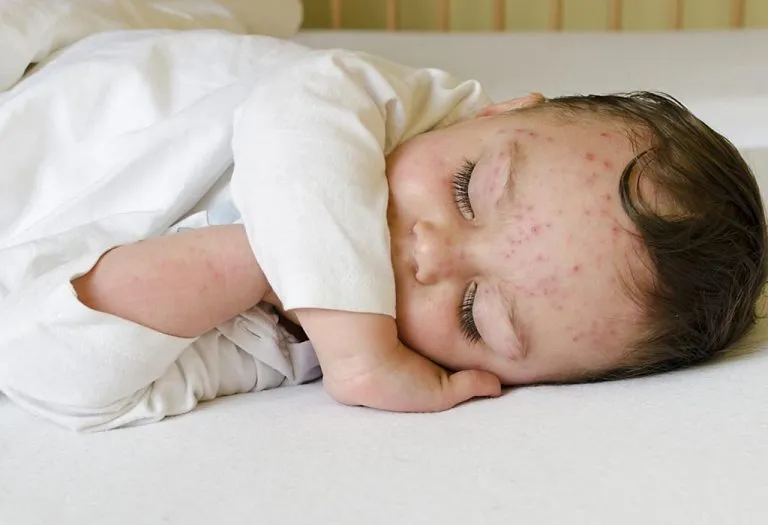
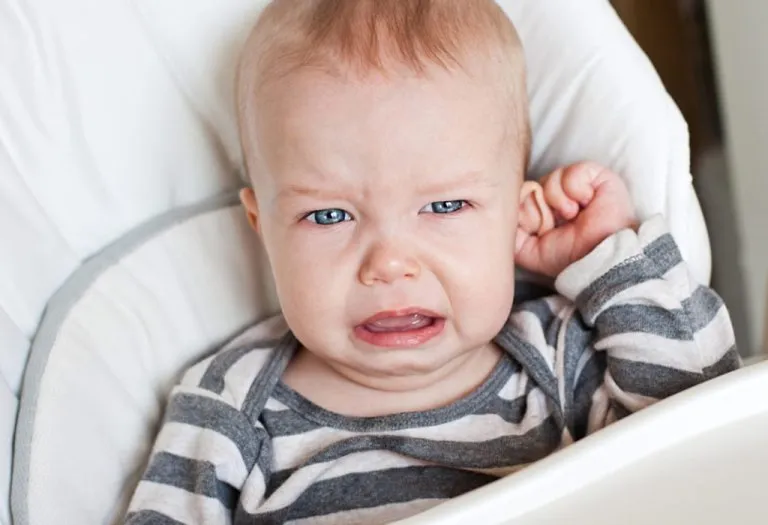
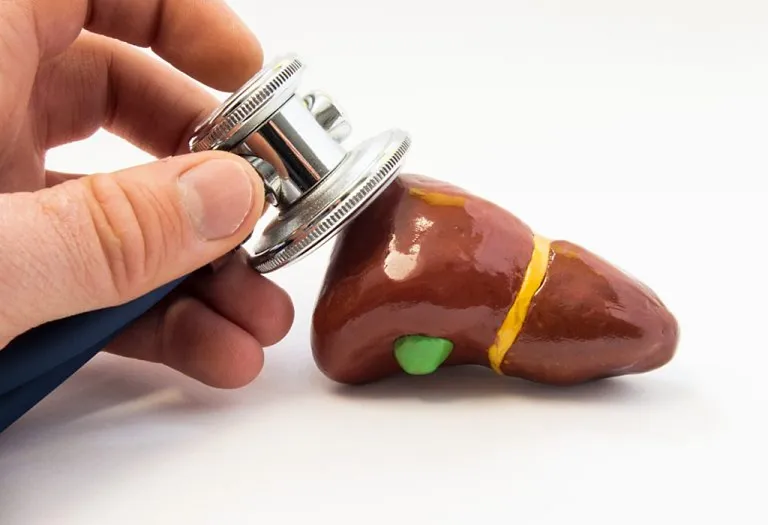
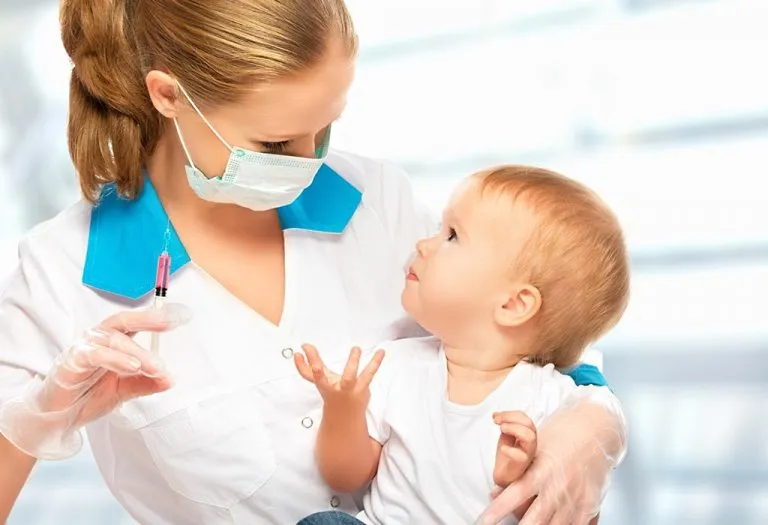
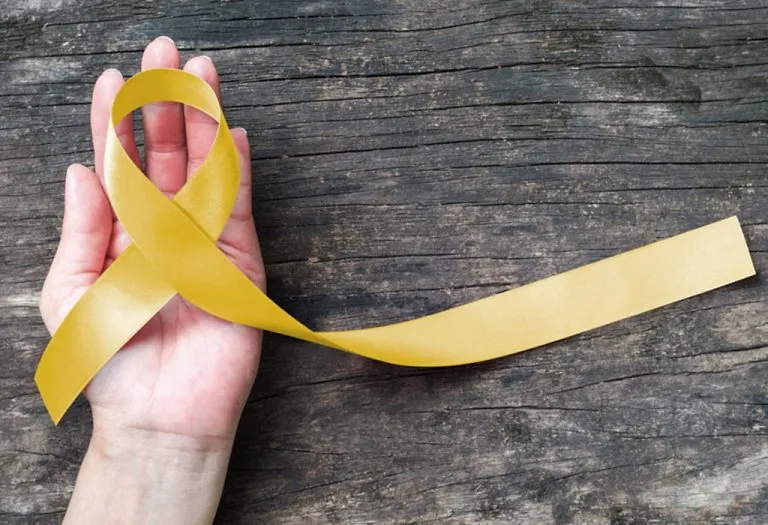
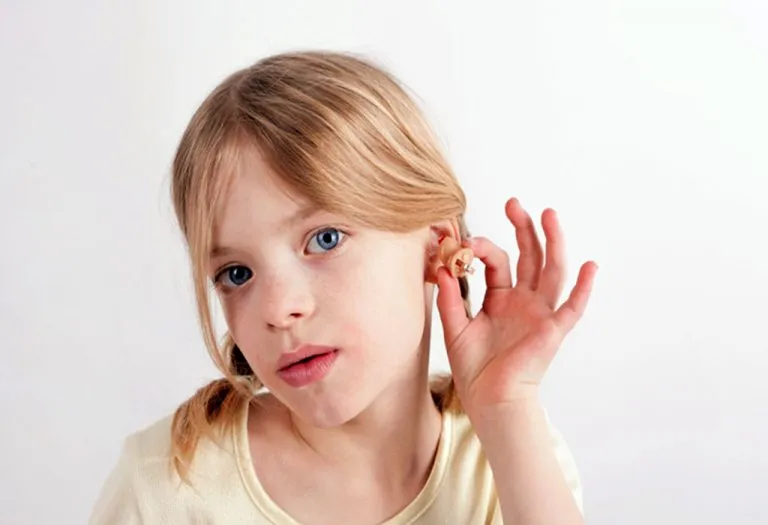

.svg)


















